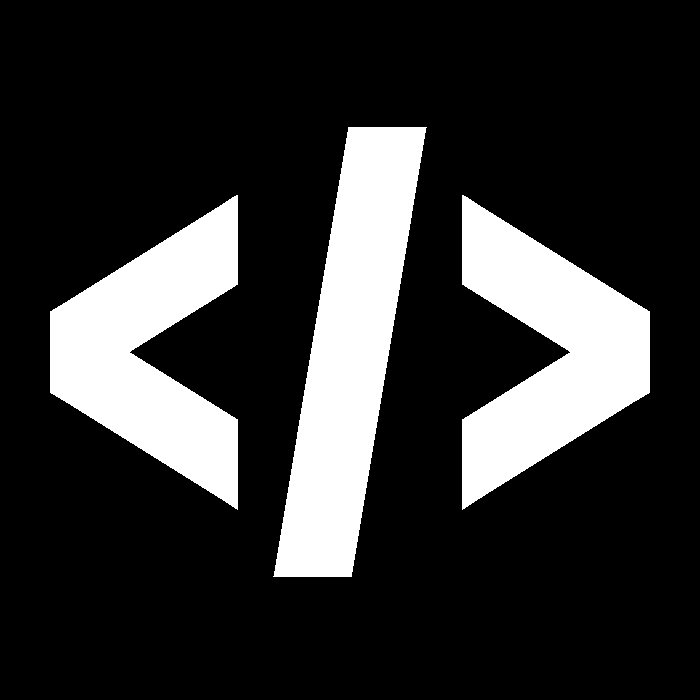I dusted off my RPI4 and started tinkering with self-hosting things and it’s sparked a fire. Suddenly I have 7 docker containers running and I need more RAM, more space and I want something reliable with room to grow. I like small form factors but it doesn’t need to be RPI small. Any recs for your favorite hardware under $500?
Intel NUC. Myself I prefer Proxmox as the first layer (so I can do stuff remotelly), and Alpine Linux VM as a second layer.
This been rock stable for me for the past 1 year or so.
I have a couple of Intel NUCs and they are great, one is the first generation NUC with the Celeron and runs Home Assistant without problems.
At the moment I am eyeing the new N100 CPUs they are pretty powerful compared to the previous generation. Asrock and Asus are bringing out motherboards with the CPU soldered and they are also fanless. The Asrock is nicer because you don’t need a real PSU for it and it has an extra SATA port. They are not yet available.
https://www.asrock.com/mb/Intel/N100DC-ITX/index.asp
https://www.asus.com/motherboards-components/motherboards/prime/prime-n100i-d-d4/
Planning on making an unRaid miniPC
+1 for a NUC. There’s plenty of second hand ones on Ebay which can be had at around $100. The nice thing is that they have ultra low voltage CPUs so the power bill is not a concern with running 24/7.
Definitely a NUC or similar mini PC from the likes of Geekom, Beelink, or Minisforum. My whole homelab was mini PCs until I consolidated to a NUC 12 Pro as I build up my rack. Slap Proxmox on the machine, build some VMs and LXCs, and have at it.
I use a Dell Micro with Ubuntu for docker containers mounted to a wall with a Synology NAS 4 bay for storage. I used to have a small form factor with a 12bay SAS array attached but the power consumption was ridiculous.
Very similar setup here, was running Unraid on a server with all my storage but electricity prices meant I moved my array to a Synology NAS 8bay and got a Dell 3050 Micro with a 12th gen i3 to run Unraid and keep all the Docker containers while only needing to change the mount paths
All that to say the Dell Micro is fantastic
Can’t fault it at all. I think mine is an older 7th gen, but was completely free from work. Along with the freebie 8tb disks. If only I could sell the old equipment. It’s still great hardware, but my area simply doesn’t have the population.
I’d recommend taking a look at used small form factor PCs on eBay. I’ve been using one for a couple years now that came with an i7-8700 16GB of ram and an nvme SSD for about $300. Running 30+ docker containers without any issues (most are lightweight to be fair)
The only drawback to small form factor is that you have limited expansion opportunity with the unit itself. In my case I use an external NAS for storage of larger files.
ServeTheHome has a bunch of videos on YouTube about these small form factor computers.
That’s why instead of getting a more higher spec mini PC I went with 3 cheaper ones to start a highly available cluster. More reliable, and room for expansion! Somewhat a pain to setup though.
At the moment hardware is just expensive. I ended up with a NUC with 32gb of ram in order to future proof myself while I wait for hardware to become cheaper. Other than another stick of ram I can’t see me needing to update any time soon.
Im using refurbished thinkpads (x220-203) but i’ve seen a lot of homelabs using Nuc pc
If you don’t need much storage internally, I like lots of a Celeron based industrial SSF from qotom. For rack mounts, i like used Xeon-D U1-2 servers.
If I need bigger processing power for home, I like Ryzen (preferably 3000 or newer) processors in some of few ryzen entry-level server boards.
I used to run a Dell R710, but that got expensive with the electricity prices shooting up. So I moved to a standard consumer hardware PC in a rack mount case. Ryzen 5 5600, 64GB RAM, 500GB NVME, SSD boot disk, 6x 3.5" disks for storage. It uses half the power and is a fair bit quicker than the old dell with dual X5670 Xeons. One day I’ll move to just 2x larger disks instead of 6, but that’s expensive at the moment.
I totally get moving away from the dell. I’ve got one sitting in my rack now, and I’ve been thinking about getting a nuc or two as replacement to see if I can drop my power bill.
How much of a difference did you notice in your bill when downsizing?





